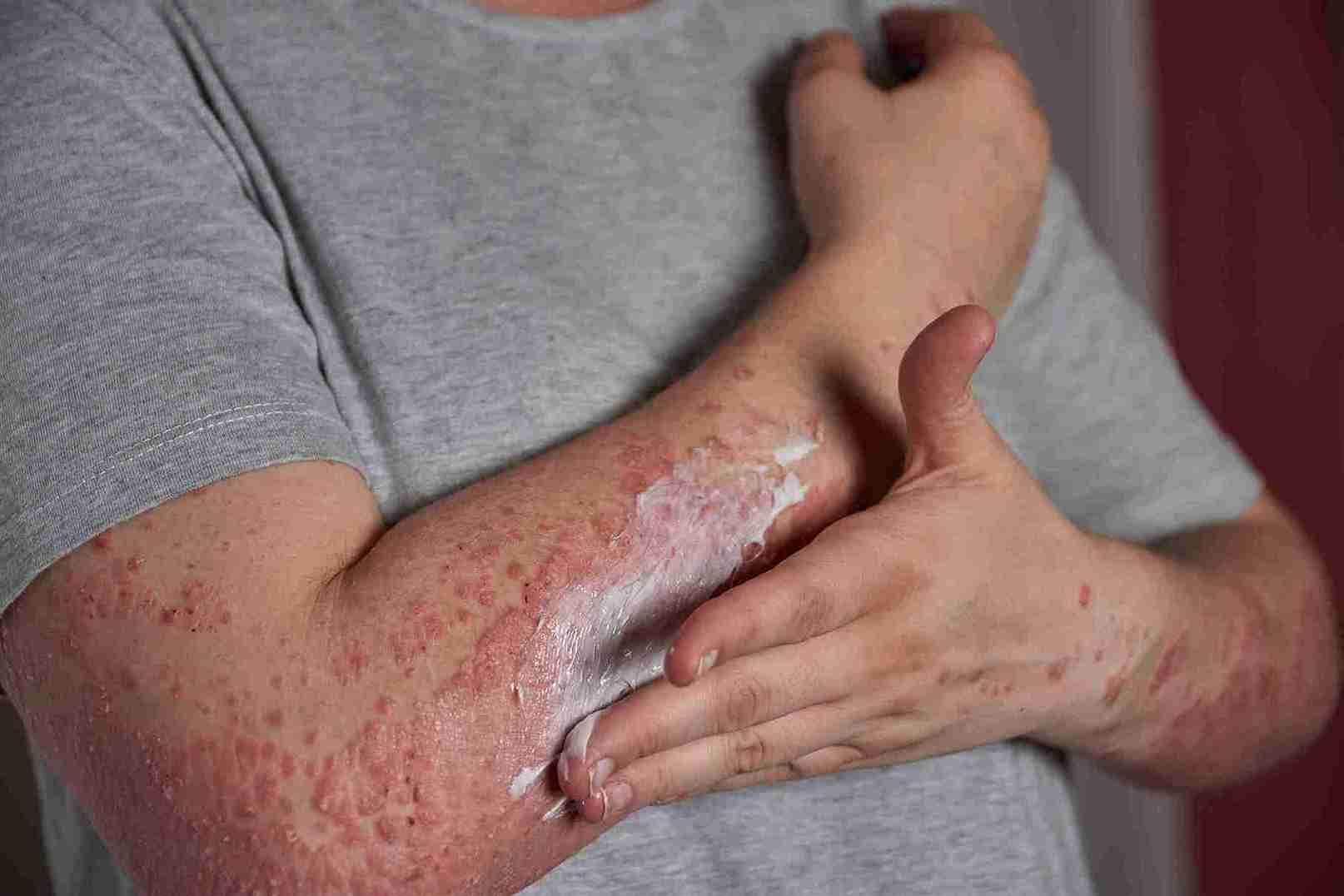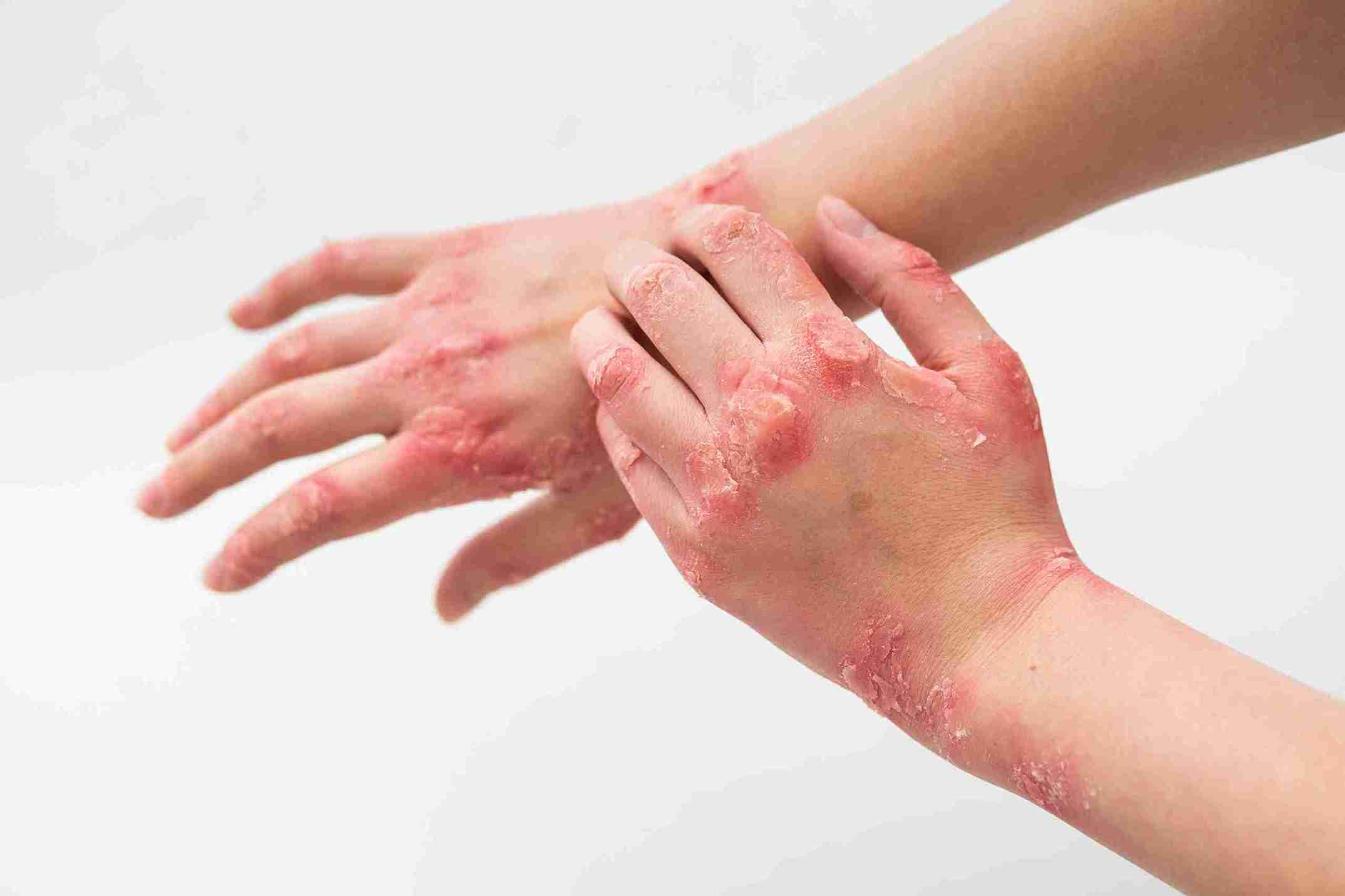
Syphilis is a sexually transmitted disease (STD) caused by the bacterium Treponema pallidum. Although syphilis is treatable, it continues to be a major public health issue because of its ability to lead to dangerous health consequences if not treated. It is important to learn about the causes, symptoms, diagnosis, treatment, and prevention of syphilis to manage and control this infection effectively.

Syphilis is a bacterial infection caused by the bacterium Treponema pallidum. It is mainly transmitted through direct contact between syphilitic ulcers during anal, vaginal, or oral sex. They can be detected in the mouth or on the lips, thus allowing for oral transmission. Syphilis can also be passed from a mother with the infection to her infant during pregnancy or childbirth, resulting in congenital syphilis.
The primary cause of syphilis is infection with the Treponema pallidum bacterium. Syphilis transmission occurs through direct contact with a syphilitic sore, which typically appears on the external genitals, vagina, anus, rectum, lips, or mouth. These sores facilitate the entry of the syphilis bacteria into the body during sexual activity. In rare cases, syphilis can also be transmitted through prolonged close contact with infected lesions or through blood transfusions
Syphilis runs its course in four stages, each with specific symptoms:
● Primary Stage: The development of one sore (chancre) at the point where the syphilis bacteria entered the body. The chancre is typically firm, circular, and painless and thus may be easily overlooked. It occurs approximately three weeks following exposure and heals on its own within three to six weeks.
● Secondary Stage: During this stage, the disease can have skin rashes, mucous membrane lesions, fever, lymphadenopathy, sore throat, patchy hair loss, headaches, weight loss, myalgias, and fatigue. These symptoms may spontaneously remit, but the infection remains present in the body.
● Latent Stage: During this stage, there are no visible symptoms or signs, but the infection remains in the body and can last for decades. If left untreated, the disease may develop to the tertiary stage.
● Tertiary Stage: This stage can happen 10–30 years after infection. It can cause serious medical issues that can involve the heart, brain, nerves, eyes, liver, bones, and joints. Tertiary syphilis is fatal.

Syphilis in women may have symptoms comparable to those experienced by males, but it poses extra risks if the woman is pregnant. When a pregnant woman has syphilis, she can pass the infection to her unborn baby, resulting in congenital syphilis.
Congenital syphilis can cause devastating outcomes, including miscarriage, stillbirth, premature birth, or death shortly after delivery. Babies who survive may face long-term complications such as bone deformities, developmental delays, or seizures.
The Centers for Disease Control and Prevention (CDC) counted a remarkable increase in cases of congenital syphilis, with over 3,700 infected babies born in 2022, more than ten times those in 2012.
Timely prenatal care and routine syphilis screening are essential to protect both mother and baby. When diagnosed early in pregnancy, syphilis can be treated effectively with antibiotics, significantly reducing the risk of transmission to the unborn child.
Syphilis is usually diagnosed by detecting antibodies resulting from the infection in blood tests. The Rapid Plasma Reagin (RPR) and the Venereal Disease Research Laboratory (VDRL) tests are the most common. Positive tests are typically followed up with more specific tests, such as the fluorescent treponemal antibody absorption (FTA-ABS) test. Pregnant women must be screened routinely for syphilis at their initial prenatal visit and during the third trimester to avoid congenital syphilis.
Syphilis can be treated, particularly when it's diagnosed early. The treatment involves an intramuscular injection of long-acting benzathine penicillin G. Patients allergic to penicillin are treated with antibiotics such as doxycycline or tetracycline, except in pregnancy. Penicillin-allergic pregnant women are desensitised and given penicillin treatment since it is the only therapy effective in avoiding congenital syphilis. Follow-up blood tests after treatment are required to confirm that the infection has been completely cleared.
Syphilis prevention has a number of methods:
● Practice Safe Sex: Proper and consistent use of condoms can greatly decrease the risk of transmission of syphilis.
● Regular Testing: STD testing should be regular for all individuals with multiple sex partners or those in high-risk groups.
● Prenatal Care: Early and consistent prenatal care and syphilis testing should be provided to pregnant women to avoid congenital syphilis.
● Avoid Contact with Sores: Do not have sexual contact with people who have visible sores or a diagnosed syphilis infection.
By practising these preventive actions, people can save themselves and others from syphilis and its complications.

Syphilis causes serious health problems if it is not treated:
● Neurosyphilis: Nervous system infection, resulting in headaches, changed behaviour, inability to coordinate muscle movements, paralysis, sensory loss, and dementia.
● Cardiovascular Syphilis: Heart and blood vessel damage, which may lead to aneurysms or heart valve disease.
● Ocular Syphilis: An eye infection that leads to changes in vision or blindness.
● Congenital Syphilis: As mentioned above, this can lead to serious, possibly life-threatening conditions in the baby.
At Cloudnine Hospitals, we understand the physical, emotional, and social implications of sexually transmitted infections like syphilis, especially for women and expectant mothers. That’s why our approach goes beyond just diagnosis and treatment. Cloudnine offers specialised STD care and prenatal screening protocols, combining the expertise of gynaecologists, infectious disease specialists, and neonatologists under one roof.
With advanced diagnostic tools, compassionate counselling services, and dedicated antenatal monitoring, we ensure both mother and baby are protected from syphilis transmission complications like congenital syphilis. Our commitment to confidentiality, early detection, and evidence-based care makes us a trusted partner in sexual and reproductive health.
Syphilis is a curable and preventable disease, but it still presents serious health hazards because of the delay in its diagnosis and treatment. Knowing the causes, observing the symptoms, and following preventive steps are necessary measures to fight this disease.
Early screenings, particularly for pregnant women, and early treatment can avoid the serious complications of syphilis. Individuals can save themselves and others from the ill effects of the infection by remaining aware and active.


Syphilis is caused by the bacterium Treponema pallidum and is mainly spread by unprotected sexual intercourse

Yes, syphilis is very contagious during its early stages, through sexual contact or by direct contact with lesions.

Yes, syphilis can be cured with proper antibiotic treatment, particularly when diagnosed early.

Yes—once cured, you can lead a normal life, but periodic checkups are recommended to avoid reinfection.